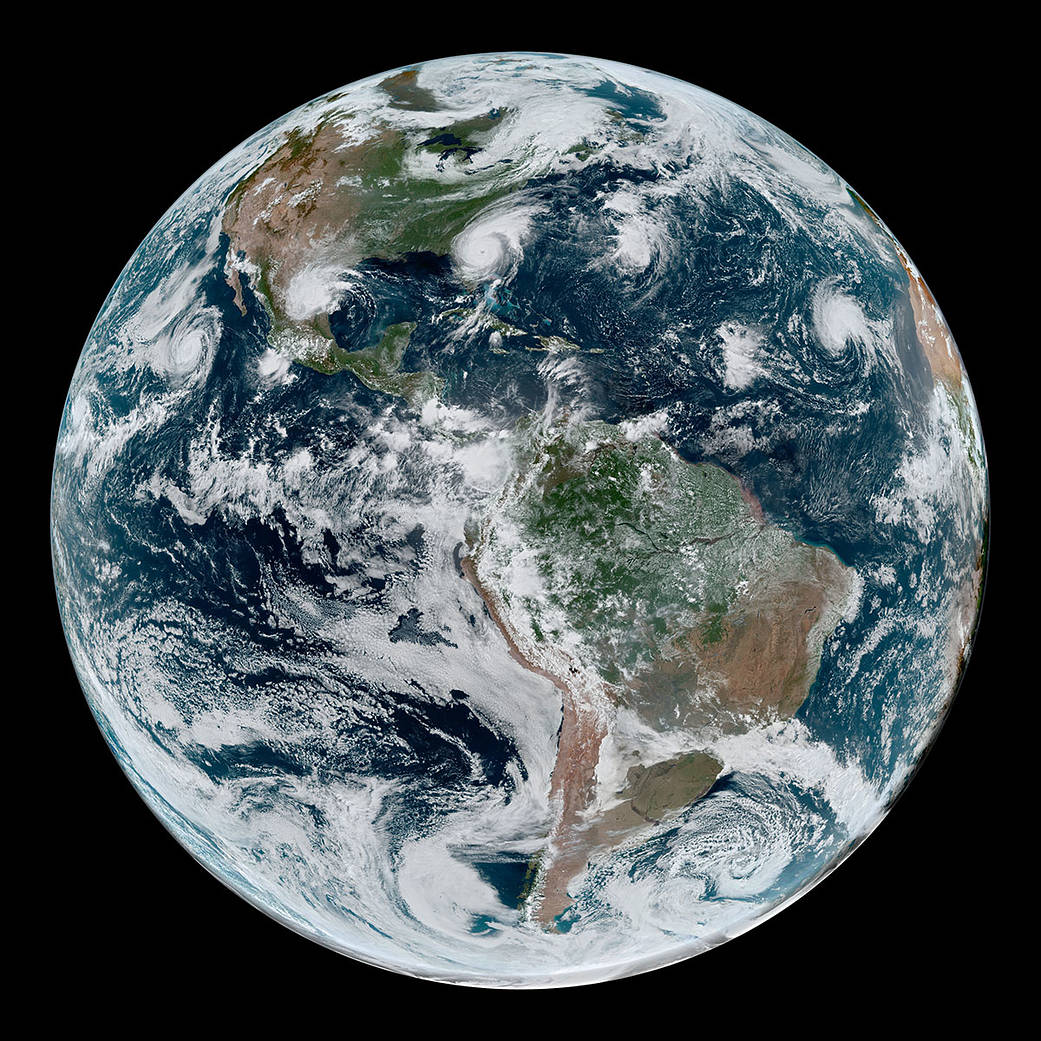During the coronavirus pandemic, Earth has experienced a very warm first three months of the year.

The first month was the warmest January on record globally, squeezing past January 2016 by 0.03 degrees, according to the European Union’s Copernicus program. Not a single day was below 0 C in Oslo, Norway. Some parts of Europe experienced temperatures 6 degrees warmer than normal.
February rang in at the second-hottest on record, according to the National Oceanic and Atmospheric Association (NOAA).
Copernicus also reported that this March was similar to the second- and third-warmest Marches on record.
“The continued onslaught of record and near-record global temperatures is a reminder that, while we’re understandably preoccupied with another crisis (the Coronavirus pandemic), a more formidable one in the grand schemes of things looms in the background,” climate scientist Michael Mann, director of the Earth System Science Center at Penn State University, said in the NOAA report.
“As I write this sentence, the Great Barrier Reef is suffering its third major bleaching event in the space of five years, an unprecedented and foreboding development.
“The ever-worsening nature of the climate crisis and the need to address it must guide any policy actions that are taken to address the Coronavirus crisis.”
The three scorching — for the season — months come in the wake of what the NOAA said in January was the hottest year in 140 years of record-keeping.

While the numbers are concerning, the environment is also getting a break thanks to self-isolation and social distancing protocols coming into effect around the world to stop the spread of COVID-19.

Get breaking National news
The Venice canal, typically bogged down with tourists in gondolas and cruise ships, is now crystal clear. Cruise ships are typically seen sailing into the Venice lagoon and have caused harmful levels of pollution, Euro Weekly News writes. Without them, the water has had a chance to clear.
Countries practising extreme lockdowns, like Italy and China, have seen the biggest decline in air pollution.
—
Questions about COVID-19? Here are some things you need to know:
Health officials caution against all international travel. Returning travellers are legally obligated to self-isolate for 14 days, beginning March 26, in case they develop symptoms and to prevent spreading the virus to others. Some provinces and territories have also implemented additional recommendations or enforcement measures to ensure those returning to the area self-isolate.
Symptoms can include fever, cough and difficulty breathing — very similar to a cold or flu. Some people can develop a more severe illness. People most at risk of this include older adults and people with severe chronic medical conditions like heart, lung or kidney disease. If you develop symptoms, contact public health authorities.
To prevent the virus from spreading, experts recommend frequent handwashing and coughing into your sleeve. They also recommend minimizing contact with others, staying home as much as possible and maintaining a distance of two metres from other people if you go out.
For full COVID-19 coverage from Global News, click here.
—








Comments